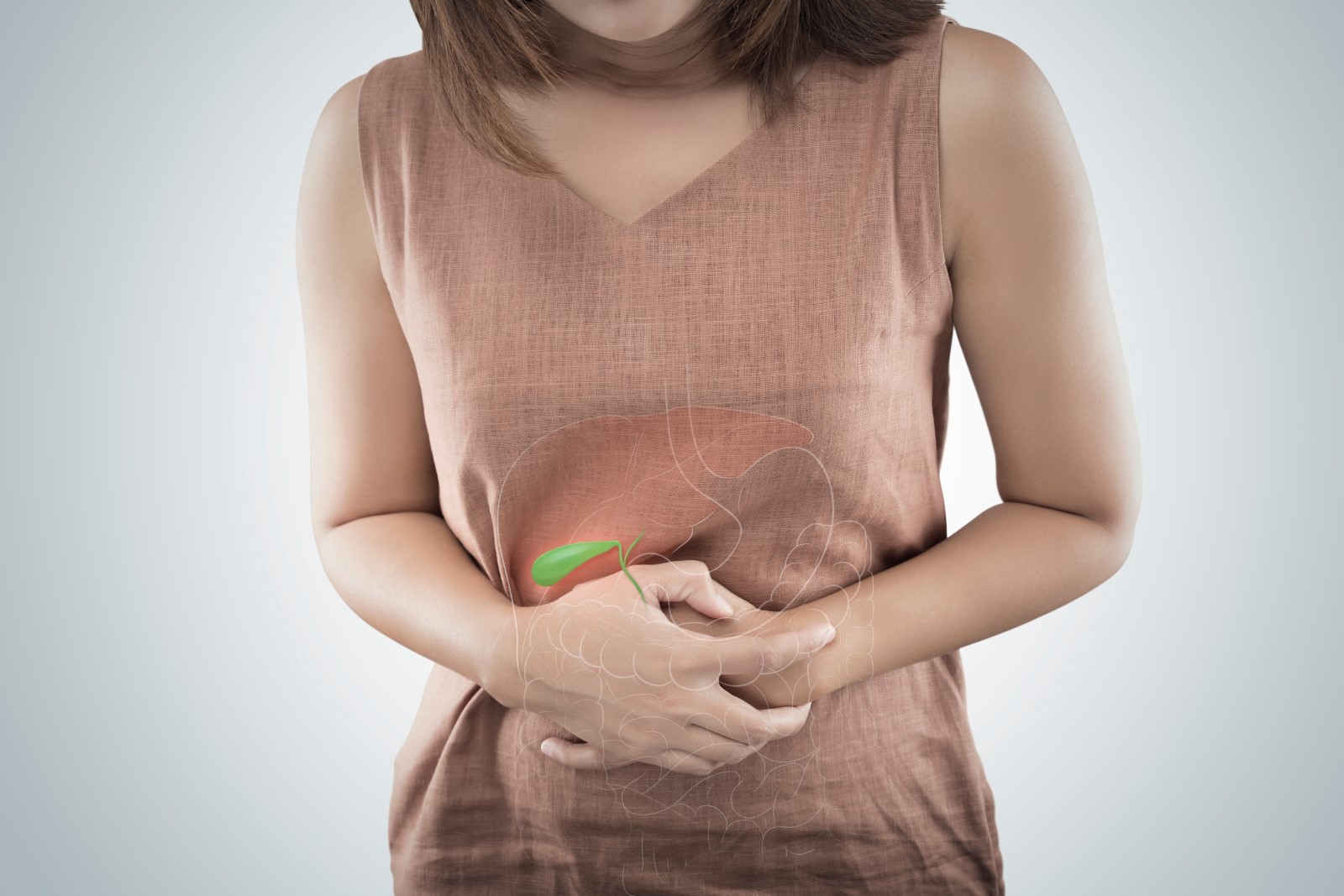The gallbladder is a small, pear-shaped organ beneath the liver that plays a crucial role in digesting fats. However, just like any other organ, it can develop issues, one of which includes the development of gall polyps. These polyps are growths that appear on the gallbladder wall, and this comprehensive guide aims to delve into their causes and treatments, offering valuable insights into their implications. By better understanding these polyps, you can make informed decisions regarding your health. Let’s dive in to explore the intricate world of gall polyps, their nature, potential causes, and treatment options.
Introduction to Gall Polyps
Gall polyps are growths that form on the inside of the gallbladder. They don’t always cause problems, but sometimes they can be serious.
Some polyps are small, often less than 1 cm, and aren’t worrisome. But when a gallbladder polyp hits 1 cm or more, it’s checked more carefully for risks. Understanding gall bladder polyp symptoms, causes, and treatment is key to staying healthy. This knowledge helps in prevention and managing potential issues effectively.
Decoding Gall Polyps
Gall polyps are parts of tissue growing in the gallbladder. They form due to wrong cell growth in the gallbladder’s lining, leading to a variety of forms. Most times, these growths are harmless, but sometimes they might need checking out.
Pseudopolyps simply look like polyps but they aren’t genuine ones. These are cholesterol build-ups that mimic real polyps but don’t come with the risks. Inflammatory polyps happen when there’s long-term swelling, changing how the gallbladder’s surface looks. True polyps are usually made of adenomas and can occasionally turn bad or cancerous. It’s important to tell different types for proper medical care and treatment.
Recognizing the Symptoms of Gall Polyps

Have you ever wondered what gall polyps mean to your health? Usually, these small formations go unnoticed because they don’t often show symptoms. But sometimes, people might feel discomfort around the upper right part of their belly. This discomfort can sometimes come with a feeling of nausea and struggles with digestion when eating certain foods.
When polyps in gall bladder means an alteration in bile flow, the body might show these signs. The interference might cause an uncomfortable sensation because of irritation inside the gallbladder.
While many gallstone polyps are non-troublesome, their silent nature hides them away from notice early on. The lack of symptoms makes detecting these little growths hard without regular check-ups. Healthcare providers advise folks at higher risk to undergo routine scans or ultrasounds to catch these polyps before they turn into something trickier, like obstructions that demand more attention.
Causes and Risk Factors Involved
Poor liver function and high levels of cholesterol can cause gall polyps, leading to excessive deposits. The cholesterol builds up in the gallbladder, forming abnormal tissue growth that becomes polyps. These formations are a response to underlying metabolic issues often happening in tandem.
There are some significant factors that can increase risk, including obesity and consistent inflammation. When a person is overweight, their body makes more cholesterol contributing to gall polyp growth. Additionally, conditions like focal adenomyomatosis of the gallbladder can cause inflammation and may lead to true gallbladder polyps. Recognizing these risks can help in preventing polyps among vulnerable groups.
Implications of Untreated Gall Polyps
Without proper monitoring, the seemingly simple tiny gall bladder polyp can become more dangerous. Growths under 1 cm are usually safe, but larger ones need checking often. True gallbladder polyps over 8 mm carry a higher cancer risk.
The key to managing gall bladder polyps is catching them early. Regular scans and doctor visits help catch issues before they grow. Personalized advice based on one’s risk helps keep things in check, cutting down the need for harsh treatments.
Medical and Natural Remedies for Gall Polyps
Small gall polyps, often less than 1 cm, mainly require observation. If these polyps grow, medical advice suggests surgery may be necessary. Cholecystectomy, which is the removal of the gallbladder, helps to avoid future complications. This procedure is recommended when cancer or blockage is a concern.
Along with standard treatments, lifestyle changes can help manage gall polyps better. Eating a diet low in fats and high in fiber may ease problems. Regular exercise and healthy habits support weight management goals. Skipping alcohol aids in reducing liver and gallbladder strain, enhancing overall health.
Preventive Steps and Dietary Modifications
Gall polyps, small growths in the gallbladder, can be managed and their risks reduced by adopting healthy daily habits. Regular physical activity plays an essential role in maintaining a stable weight, which directly influences cholesterol levels, another risk factor for gallstone polyps. Keeping active can also boost liver health, potentially lowering the formation of sludge in the gallbladder.
Dietary adjustments hold significant value in preventing and managing these polyps. Consuming fiber-rich foods like fruits, vegetables, and whole grains promotes healthy digestion. Such foods can also help reduce cholesterol levels, minimizing the bile sludge that leads to gallstones and polyps. Ensuring your diet includes enough fiber may lower the chance of developing problems associated with polyps in gall bladder means having unwanted growth in the gallbladder.
Conclusion and Final Thoughts
Understanding gall polyps is useful for making better health decisions.
Early detection of gall polyps can prevent more serious health issues later.
Proactive steps help individuals monitor their health for gallstone polyps.
Regular medical check-ups can catch issues with gall bladder polyps early.
If you have symptoms like pain or indigestion, see a doctor soon.
A healthcare professional can diagnose and suggest the best treatment for you.
Proper diagnosis helps determine if lifestyle changes or surgery are needed.
Don’t let gallbladder polyps go unnoticed! Early detection and proper management are key to preventing complications.
At Gastro Care, our expert team provides thorough diagnosis, personalized treatment plans, and ongoing support to keep your digestive health on track. If you experience symptoms or want a routine check-up, schedule your consultation today—take control of your gallbladder health with confidence!

